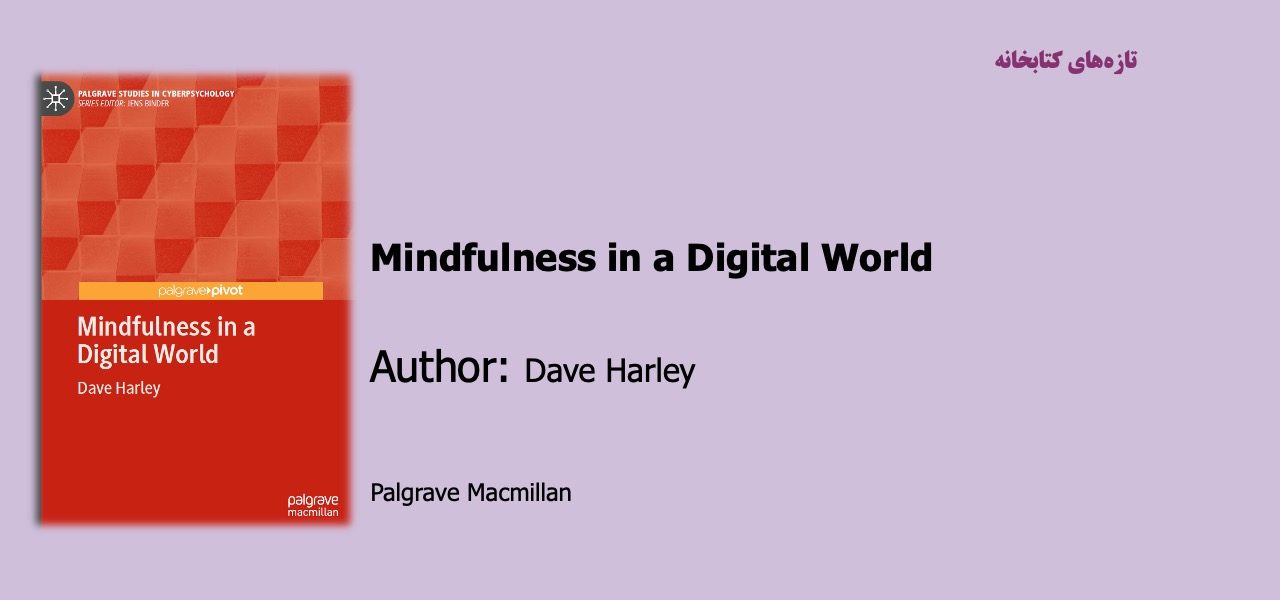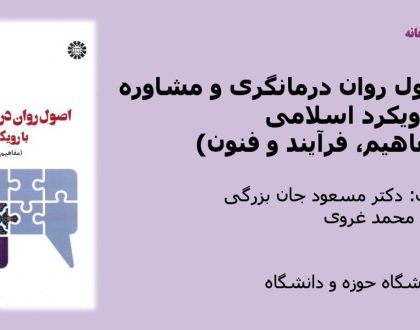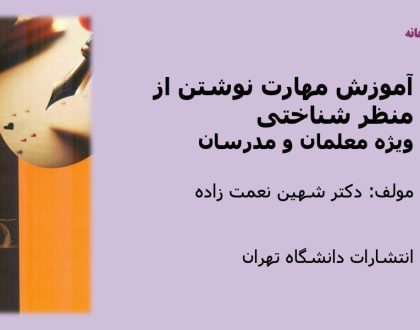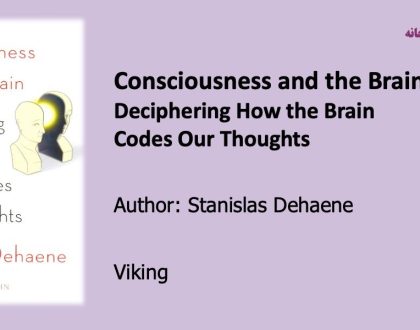Mindfulness in a Digital World

The idea for this book started life before the pandemic as a short, mixed-methods study looking at how digital dependency could affect the efficacy of mindfulness training. As the pandemic took hold and lockdowns deepened, the face-to-face mindfulness training sessions that were integral to the study got cancelled and everything ground to a halt. At this point, the emphasis of the study shifted to an investigation of the more qualitative aspects of this dynamic, exploring the experien-tial value of mindfulness in digital contexts, something that had become increasingly relevant as all of life went online. Finally, there was an oppor-tunity to connect my experiential appreciation of mindfulness with my psychology research. This became the seed of the book as it is now.
This book aims to bring some of the experiential wisdom of mind-fulness and non-dualism to these (sometimes challenging) digital experi-ences. As such, it attempts to bring together two different domains from within psychology and speak to both of these audiences—Mindfulness Practitioners and Psychologists working within the field of Cyberpsy-chology. In order to bridge this gap, I have used a qualitative approach which acknowledges the value of subjective experience in furthering psychological understanding.
The book should be read as an extended study spread across the entire book with the first two chapters acting as introductions and literature reviews. Chapter 1 introduces the Cyberpsychology angle and proposes a view of digital wellbeing that sees the displacement of attention as being at the heart of digital dependency. Chapter 2 introduces mindfulness and proposes its use as a lens for exploring issues of attention in relation to digital interaction. Chapter 3 reports on sixteen qualitative interviews conducted with those practising mindfulness whilst also being digitally active. This chapter is a combination of methodology and results/analysis sections. The final chapter provides a detailed discussion of the expe-riences recounted in Chapter 3, exploring a broader contextual under-standing of the mindless states that emerge in digital environments and their effects on attention and wellbeing. The chapter concludes with implications for Cyberpsychology research and suggestions for a digital approach to mindfulness practice.
مطالب مرتبط

اصول روان درمانگری و مشاوره با رویکرد اسلامی (مفاهیم، فرآیند و فنون)
۲۶ / بهمن / ۱۴۰۳

آموزش مهارت نوشتن از منظر شناختی
۲۶ / بهمن / ۱۴۰۳


